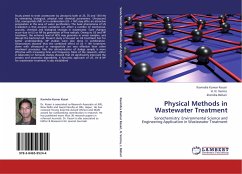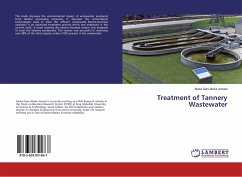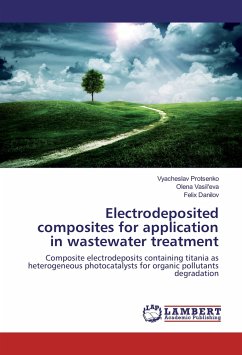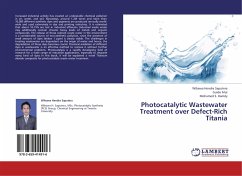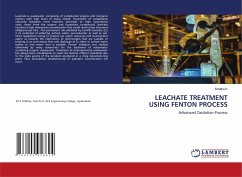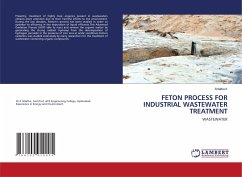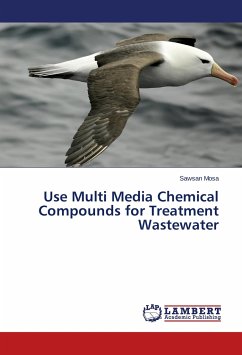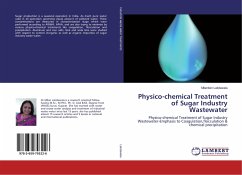Study aimed to treat wastewater by ultrasonic bath at 25, 35 and 130 kHz by estimating biological, physical and chemical parameters. Ultrasound (US), nanoparticle (NP) or in combination (US + NP) may offer an attractive proposition in the area of water purification. The basic phenomena of US irradiation is that acoustic cavitation can affect a number of mechanical, acoustic, chemical and biological changes in wastewater. Such changes occur due to US or NP by generation of free radicals. Owing to US and NP treatment, the enhance level of ROS may generate in water samples, and disrupt the bacterial cell. Present study is focused on US treatment but for better understanding, NP studies were also done in combination. Observations showed that the combined effect of US + NP, treatment alone with ultrasound or nanoparticle are very effective than other treatment processes. Also the ultrasonication of sludge sample is more effective with increasing time and frequency. Most of the research, either in laboratory or full-scale studies showed that US significantly improved the aerobic and anaerobic digestibility. A futuristic approach of US, UV & NP for wastewater treatment is also established
Bitte wählen Sie Ihr Anliegen aus.
Rechnungen
Retourenschein anfordern
Bestellstatus
Storno

